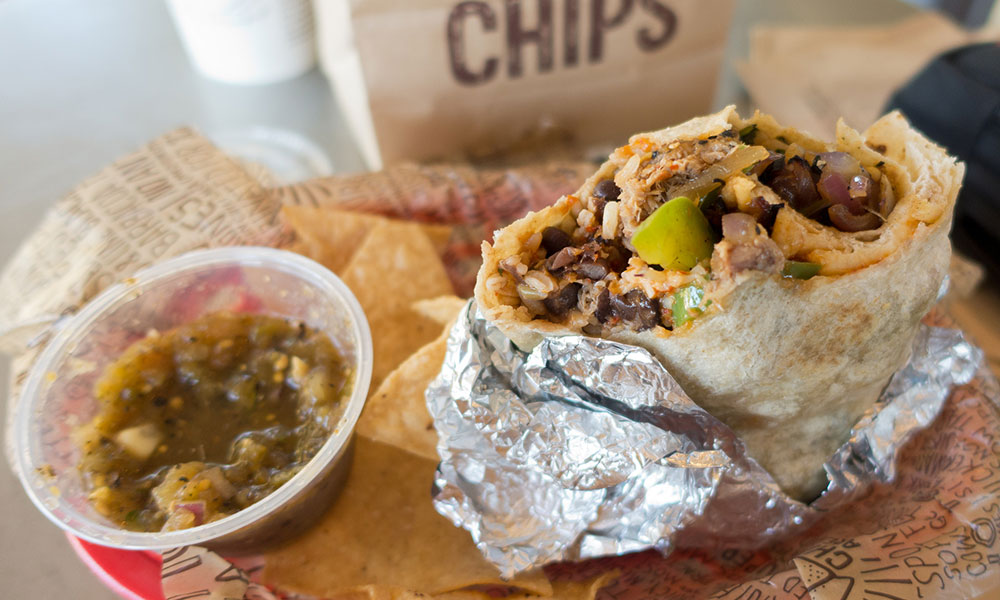
Lessons on Brand Loyalty From the Chipotle Crisis
When Chipotle, a leader in the fast-casual space, was confronted with a food safety crisis two years ago, the brand suffered. To recover, the company reestablished relationships with its most loyal customers. It’s a strategy associations can learn from.
What do burrito bowls and associations have in common? Talk to William Espey, brand creative lead for Chipotle, and he’ll tell you: a lot.
Chipotle was a breakout success in the restaurant industry’s fast-casual space, but in 2015 the company was in full on crisis mode. A supply chain issue led to an E. coli breakout in about 15 Chipotle restaurants in the United States, causing nearly 40 people to get sick.
“It was a sobering moment,” Espey said in an interview last week after his keynote session at ASAE’s Marketing, Membership & Communications Conference (MMCC). “Because that connection is not just a customer. It’s not just transactional. It’s personal.”
At risk was Chipotle’s integrity, and Espey, the voice behind Chipotle’s brand and marketing, says the crisis meant the company needed to reconnect with loyal customers using authentic and transparent actions.
In large part, Espey succeeded in bringing customers back to Chipotle, and last week he shared some of those strategies with MMCC attendees. His message—whether your business is burritos or association management—make sure you create a lasting and personal experience that connects emotionally with people.
“With associations, you’re bringing a group of like-minded people together,” Espey says. “When you create these more profound connections, it results in brand evangelists, and they are the ones who are going to advocate for you and sell you to other people.”
Core Values
Most associations have a defined mission or set of core values guiding their work. But those values might not always be apparent to members, and messages about mission may not always reach them in the intended way.
Every action, whether you know it or not, speaks to your organization’s core values, Espey says. By intentionally living out those values and creating services or products to meet member needs, an association can see long and sustained growth over time.
In a way, that’s how Chipotle catapulted itself from a local company with a small set of restaurants in Denver to a publicly traded international brand with more than 2,000 restaurants worldwide. From day one, Espey says, Chipotle was committed to a set of core values, including a commitment to serving meat from animals that had been raised humanely. That’s a bit of irony for Espey, who has been a vegetarian for more than 20 years.
“I do more for animal welfare by selling humanely served meat, than I could ever do protesting on the street and converting people to vegetarians,” he says. “I’m changing the system. I’m changing people’s understanding [of how meat is produced]. I can connect my customers to that. And I can connect them in a transactional way and manifest that into something positive.”
Personal Connections
Good businesses—and associations—don’t rely solely on transactional relationships. They engage with individuals or members through deeply personal connections.
Espey says he likes to think of Chipotle customers as having one-on-one relationships with the company. Different customers are at different points in the relationship, which means Chipotle needs to use a voice that connects to individuals where they are. Customers who are deeper into the relationship can help spread their love of the brand to others
“When someone you trust gives you their opinion or recommendation,” Espey says. “You can’t buy that. You can’t create that.”
It’s how Chipotle was able to get viral communities to form around a common love for burritos, including online groups that share ordering hacks. And a 2013 ad, featuring an animated scarecrow and promoting sustainable food practices, drew a massive audience with more than 17 million YouTube views.
When Things Go Bad
However, the same viral networks that boost Chipotle in good times also fueled the spread of negative news during the E. coli outbreak and took the company to task over its initial missteps in responding to the crisis—as when it gave away 3 million free burritos in an attempt to win back customers.
“That was too soon,” Espey says. “First you have to apologize and mean it. Then you need to be transparent and rebuild trust.”
That lesson is important for associations with members who trust the organization to do the right thing. When that trust is broken, members can feel betrayed, Espey says. And member communities and the media can turn against you.
Human empathy is a key to rebuilding any brand relationship, Espey says. The best brands have a personal connection with customers and express values that resonate with them. And when things go wrong, if you’ve laid the right foundation, relationships can be repaired and reestablished with your most loyal followers.
At Chipotle, the company worked to solve procedural issues in stores and retrained staff to recognize food safety problems. It recently announced a move to go preservative-free.
“As a brand, you have to be constantly reengaging and innovating to serve your most loyal customers,” Espey says. “The customer conversion in Chipotle is consistent again. We may have lost about two months of customers because of the crisis, but now we’re now seeing a return to normal business.”
(sirira2000/Flickr)






Comments